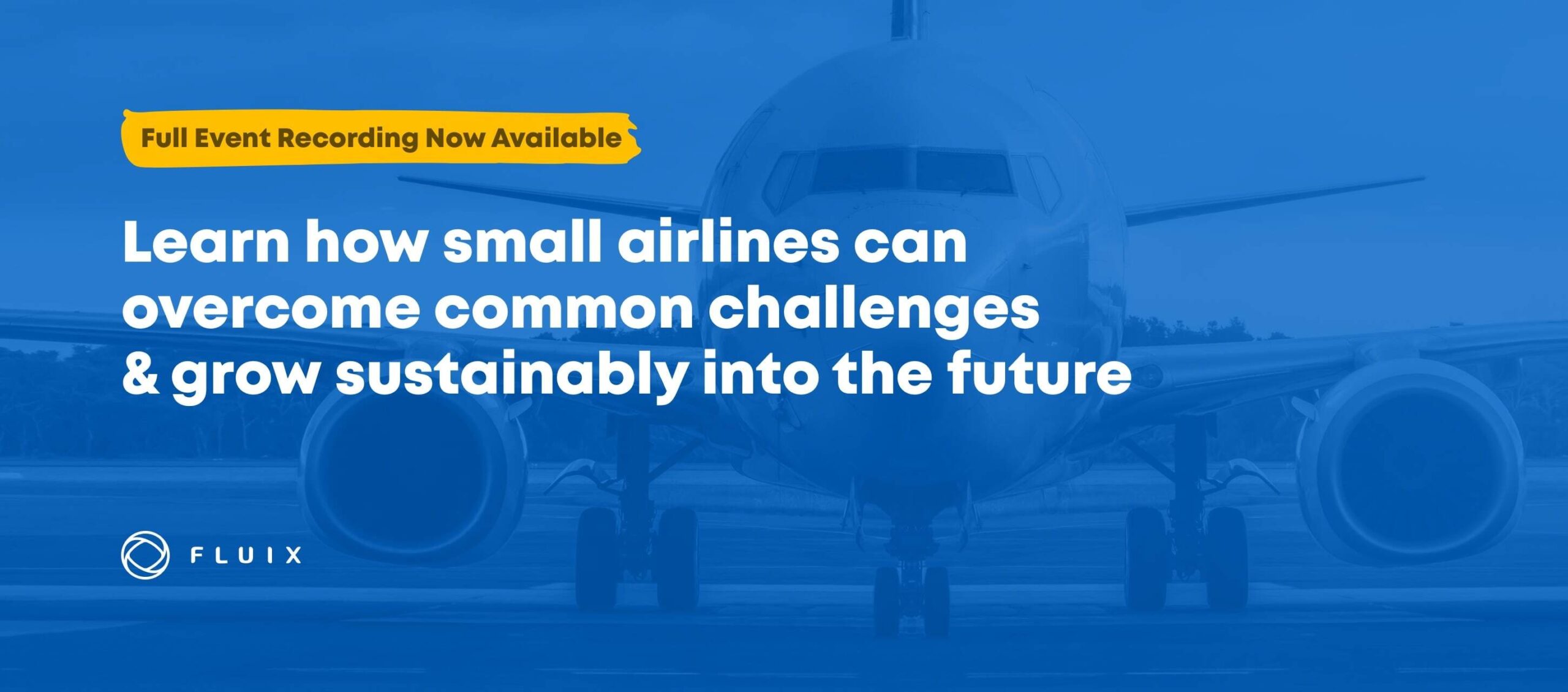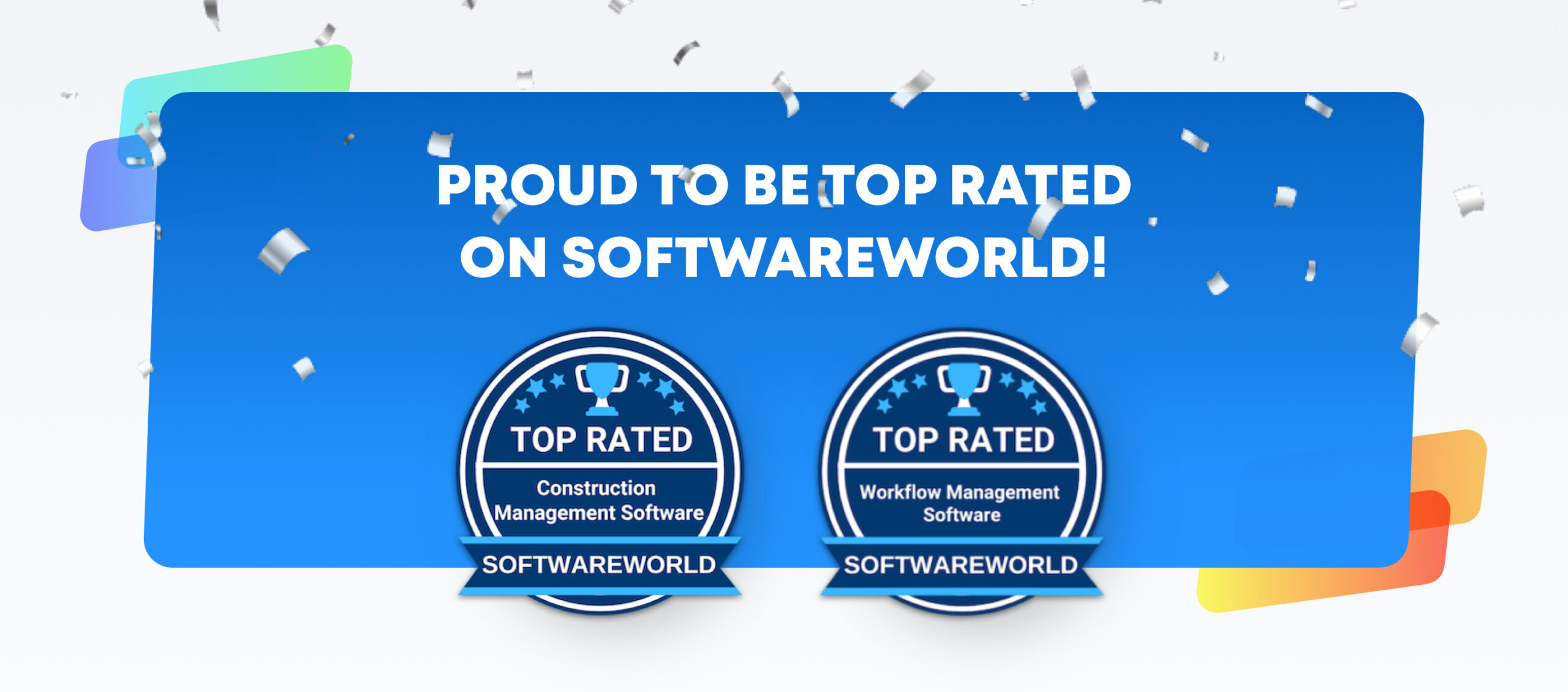TL/DR Top 7 Takeaways:
- Collaboration between teams is perhaps the most important factor in reducing airline operating costs. Embracing digitalisation and software solutions can help with collaboration.
- Airlines considering investing in a cargo offering should conduct in-depth research before making any bold moves.
- The aviation industry should prioritize adopting a more empathetic approach to their employees during times of crisis. This will help to bring people back to the industry.
- Sustainability is key to successful growth models. Airlines should set realistic goals to limit their environmental impact, and also be honest about how those goals are being achieved.
- Although the pandemic destroyed almost 7 years of airline industry profitability in less than 3 years, fresh thinking and the utilization of data and shared learnings can contribute to a bright future.
- Mobile device management and security should be a consistent area of focus for airlines from day 1 – especially the seemingly obvious things, such as ensuring all apps are up-to-date.
- Smaller airlines could work to develop symbiotic relationships with bigger carriers or merchandisers that will allow them to lower their risk when moving into cargo services.
On May 11th & 12th 2022, months of behind-the-scenes work came to fruition in a live event, with 7 fantastic speakers and a brilliant moderator! You can watch the recording of both days on the Fluix YouTube channel.
Fluix’s first-ever aviation event brought academics and industry experts together to share insights on how small airlines can overcome common challenges and grow sustainably into the future. Our brilliant moderator for both days was Ian Petchenik, Director of Communications & Co-Host of the AvTalk Podcast at Flightradar24 (Chicago, United States).
The event was off to a flying start with Yuliya Gerasymchuk (Programme Manager, Strategy & PMO at ISO – International Organization for Standardization) speaking about the role of digitalisation in reducing operational costs for airlines. Yuliya explained how each airline’s operating structures have their own complexities that digitalisation can help with. For example, fuel costs typically dominate an airline’s cost structure, often up to or exceeding 30%. An efficient paperless cockpit can help to reduce fuel consumption by up to 75 tonnes per-year, for a medium-sized airline. Another key point that Yuliya highlighted was the importance of collaboration between flight ops, engineering and office teams, which allows for the use of predictive analysis to help with preventive maintenance and other critical operations.
Yuliya’s closing point summed everything up perfectly: “The digitalisation movement is very important, and connectivity is the way to leverage the true potential of digitalisation projects. Collaboration is perhaps the most important factor in reducing airline operating costs.” – Yuliya Gerasymchuk
Next to speak was Dr. Robert Mayer (Senior Lecturer in Air Transport Management and Deputy Director of Education for the School of Aerospace, Transport and Manufacturing, Cranfield University, England). Robert spoke about Air Cargo, and the pandemic-driven ‘gold rush’ that prompted airlines to take advantage of low barriers to entry and a new potential revenue stream.
Robert explained that pre-pandemic, there was a 50/50 split in the volume of cargo traveling in the belly of passenger aircraft and on pure freighter aircraft. In the time following the emergence of the pandemic, the role of belly hold cargo increased. A key thing to remember is that the diversity in weight and volume of air cargo has an impact on the overall economics of the operation. Air cargo only travels one way; if it’s carried in the belly hold of passenger aircraft, passengers can cover the cost of a return trip for the airline, but if it’s carried on a dedicated freighter aircraft, it can be costly. Robert’s closing point offered some salient advice:
“Thinking of going all-in and following the cargo ‘gold rush’? You need to understand the streams of cargo to really make money from the sector. It’s not for the short-term; do proper market research before making a commitment.” – Dr. Robert Mayer
Our final speaker for day 1 was Steve Ehrlich, Chairperson of UK-based charity, PilotsTogether. Steve was uniquely placed to speak about the importance of empathy and community in aviation, which is a topic we specifically sought to include in the event. PilotsTogether is a UK-based charity that helps pilots to overcome financial hardship, retain their training and type-ratings, and most importantly, let them know that they’re not alone. Steve highlighted a common misconception that all pilots are wealthy – they are not. They often have thousands worth of training debt that they need to pay, on top of other financial commitments, like mortgages and childcare. He went on to explain that when the pandemic rendered pilots unemployed, they found other work where possible – but almost all want to return to aviation.
In conclusion, Steve detailed some of the support options available to UK-based pilots: “PilotsTogether also connects pilots to qualified counseling & support services. The WePilots 85258 mental health text-based crisis service, supported by GiveUsAShout, is for any UK pilots struggling to cope with the disruption facing the airline industry.” – Steve Ehrlich
After a fantastic first day, we were ready for take-off on day 2! The second day of the event began with a talk on the topic of sustainability, presented by Dr. Marina Efthymiou, Assistant Professor in Aviation Management and Programme Director of MSc Management (Aviation Leadership), Dublin City University, Ireland. She was recently named as one of the Top 100 Women in Aerospace and Aviation to follow on LinkedIn in 2022.
Marina shared insights on what sustainability looks like for airlines right now, and what it might look like in the future. She explained how environmental challenges are the most important challenges to address in aviation these days. Airlines have made efforts to become more environmentally friendly in several areas, including sustainable fuels, cabin waste, aircraft decommissioning, reducing noise pollution, and improving local air quality. They have also been optimizing flight paths, and are now even more mindful of fuel consumption – which accounts for around 30% of their total operating costs.
Marina concluded her talk with a reminder of the importance of transparency when it comes to sustainability goals: “Airlines should beware of hiding a trade-off or being vague in their communications around environmental initiatives and achievements. This type of ‘greenwashing’ can cause serious reputational damage.” Dr. Marina Efthymiou.
Next to speak was John Grant, Partner at MIDAS Aviation (East Grinstead, England). John provided detailed analysis of some early learnings from the post-Covid recovery across aviation markets. He shared that in 2019, airline industry profit and operating revenues had a 5.3% margin – one of the best margins the industry reported in a decade – but the pandemic destroyed almost 7 years of industry profitability in less than 3 years.
The impact of Covid-19 on airlines has no doubt been catastrophic, but John shared his thoughts on what could fuel the hope that is on the horizon: “We need new ideas and new thinking. We need to stop being commercially-focused. We need to utilize data and shared learnings. VTOLS and eVTOLS will bring an interesting dynamic to the aviation industry.” – John Grant.
Louis Coetzee, Founder and Managing Director of Collaborative Networks (Munich, Germany), was next to share insights. His presentation focussed on the importance of device management as part of an organization’s security strategy. Louis emphasized the importance of airlines managing their mobile devices from day 1. He also reminded us that protecting mobile devices is a vital part of an airline’s security infrastructure, especially when part of a zero trust framework.
There is no room for complacency when it comes to device management and security, and Louis’ closing point highlighted how seemingly simple security tips for mobile devices can make a big difference to airlines: “One major tip is to make sure that all pilots have the same version of apps, and that all apps are up-to-date.” – Louis Coetzee.
Wrapping up day 2 of our event was Eric Kulisch, Supply Chain and Air Cargo Editor at FreightWaves (Virginia, United States). Eric spoke about how ecommerce has been a game changer for the air cargo industry, and as a result, airlines are now starting to move into cargo with more confidence. Eric explained how Air Canada is a good example of an airline who conducted extensive scientific research into revenue management, cargo yield, and operational optimization before expanding their cargo operations.
For smaller airlines with less to invest in aircraft, Eric concluded his talk with this observation: “Smaller airlines may not be able to come up with cargo customers on their own, but they can develop symbiotic relationships with bigger carriers or merchandisers.” – Eric Kulisch.
We would like to thank all of our brilliant speakers and our fantastic moderator, as well as the audience who attended both days of our aviation event.





